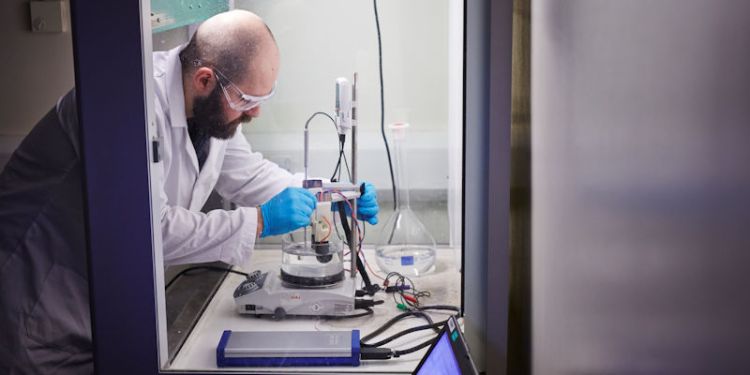Overview

Fluids are essential to life and feature in many ways in a huge range of engineering and scientific applications, where their behaviour often poses fascinating fundamental and practical problems.
Our research
Our research is inspired by industrial, scientific and societal challenges across many length scales from tiny inkjet droplets to wind turbines. A key feature of our approach is the complementary combination of experimental, computational and theoretical techniques to develop both a deep practical understanding and predictive tools allowing improvement and optimisation of systems.
As well as being intrinsically fascinating, fluid mechanics is an important enabling science and hence much of our activity is interdisciplinary. We collaborate widely both with industrial partners, to improve processes, and with academic groups in other disciplines where understanding or creating fluid flows is necessary for advancing other basic research.
The below areas give an indication of our interests, however, there is much overlap between them.
Interfaces and fluid-structure interactions
Liquid-fluid and solid-fluid interfaces pose many intriguing fundamental multiscale scientific challenges, but also have important practical applications. A key area of research is the dynamics of liquid droplets, which arise in processes such as inkjet printing, drug manufacture, medicinal sprays, emulsion formation, condensation control, surface cleaning and decontamination, pesticide delivery, fuel/water filtration, powder manufacturing and microfluidic lab-on-a-chip applications. The interaction of droplets with solid surfaces involves the complex phenomenon of wetting, which continues to be an active fundamental research area. Interests also lie in lubrication systems, particularly in poroelastic systems, and multiphase flows relevant to the oil and gas industry, where the influence of fluid flow on mass transport is important for understanding erosion, corrosion
Combustion and clean energy systems
We have long-standing and well-recognised capabilities for theoretical, experimental and computer modelling research in combustion, with a current focus on burn rate control, high pressure, ‘knock-free’ combustion, reduction of explosion risk, and control of jet-flames. Our research has resulted in a better understanding of the dynamics and mechanisms of controlled combustion (and uncontrolled explosions). New insights have been widely accepted and applied, resulting in improved fuels and better control of combustion in engines and turbines, with safety features to prevent explosions and detonations. In parallel, our fundamental studies have made major contributions to reductions in fire and explosion hazards throughout the automotive, aviation, and energy sectors. Other current energy-related research focuses on the role of energy storage in future energy systems, the development of novel hydrogen technologies, systems optimization of low carbon technologies, passive and active flow control to improve the performance of wind turbines, and distributed electric propulsion.
Heat and fluid flow optimisation
Management of heat and associated fluid flows is an important consideration in many industrial applications, ranging from large-scale industrial ovens, huge datacentres and air-conditioning/ventilation systems to precise thermal cycling control for polymerase chain reactions. We use various Computational Fluid Dynamics (CFD) techniques, combined with experimental validation, to understand and improve such systems. However, CFD techniques are generally computationally expensive, so a particular focus is on combining CFD analysis with metamodel-based optimisation techniques to enable efficient optimisation of heat and fluid flow. Our research has produced performance and energy improvements in fuel filtration systems, emergency response vehicles, twist drills and mixing equipment. Current interests lie in circulation-based control for torque augmentation in wind turbines, automotive thermal management, polymer drag reduction in pipelines, and electronics cooling.
Medical and biological fluid systems
Our expertise in fluid dynamics is applied in interdisciplinary collaborations to design experimental fluid systems that create specific flow environments required for fundamental research in e.g. blood coagulation behaviour, cell growing and processing systems, antimicrobial resistance studies, and diagnostic systems. Other interests lie in understanding biological flows such as cardiovascular flows and ocular fluid dynamics, and the effects of injuries on their performance.
Further information
View all members of our research group and publications.
PhD projects
We have opportunities for prospective postgraduate researchers. Find out more.
Contact us
If you would like to discuss an area of research in more detail please contact the Institute Director, Dr Mark Wilson.

